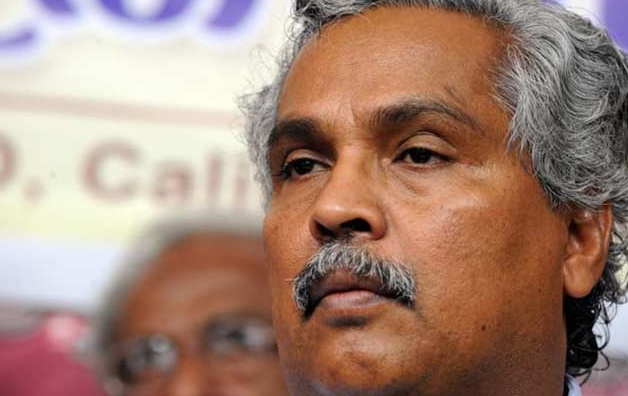Extremely Short Comment Deadline on Labour Codes, Says CPI MP

Image Courtesy: NewsKarnataka
Rajya Sabha member Binoy Viswam, in a letter to Union Labour Minister Santosh Gangwar, urged to extend the deadline for a month of inviting suggestions from the public on the two labour codes – Code on Industrial Relations 2019 and Code on Social Security 2019.
The two codes—out of a total four labour codes—were tabled in Parliament last year in the recently concluded winter session. The codes were referred to a parliamentary standing committee for examination, report of which is due within three months.
“Given the complexities and the seriousness of the two codes, I urge you to extend this deadline by at least one month till February 15, 2020, to allow trade unions, workers and the public at large to make representations before the standing committee on this important issue,” said Visvam, a Communist Party of India leader, in the letter.
The Ministry of Labour and Employment, Viswam pointed out, had invited comments from the public earlier on January 1. However, it “had an extremely short deadline of 15 days.”
Also watch: 'Labour Law Reforms Will Aggravate Workers' Hardship'
Introduced in November, the Industrial Relations Code Bill 2019 seeks to replace three existing labour laws – Trade Unions Act, 1926; Industrial Employment (Standing Orders) Act, 1946; and Industrial Disputes Act, 1947.
From fettering the registration process of a trade union to furthering the contractualisation of workforce, the code destructs the protective labour laws available to Indian workers.
On the other hand, the Social Security Code will subsume eight Central Labour Acts namely Employees’ Compensation Act, 1923; Employees’ State Insurance Act, 1948, Employees’ Provident Funds and Miscellaneous Provisions Act, 1952; Maternity Benefit Act, 1961; Payment of Gratuity Act, 1972; Cine Workers Welfare Fund Act, 1981; Building and Other Construction Workers Cess Act, 1996 and Unorganised Workers’ Social Security Act, 2008.
Also lined up for Parliament’s approval is the Occupational Health, Safety and Working Conditions Code 2019, which replaces 13 labour laws including the Factories Act and the Contract Labour Act. The codes are part of the codification process by the Narendra Modi–led BJP government which seeks to subsume all the existing 44 labour laws.
This codification—which is being read as “dilution” of labour laws—has drawn flak from various workers’ organisation and trade unions. This month, on January 8, one of the largest ever strike was called by the ten central trade unions to register their protest against a slew of anti-worker measures undertaken by the Modi government, one of them also being codification of the labour laws.
Also watch: Modi Govt Diluting Labour Laws for Corporates: Tapan Sen
Get the latest reports & analysis with people's perspective on Protests, movements & deep analytical videos, discussions of the current affairs in your Telegram app. Subscribe to NewsClick's Telegram channel & get Real-Time updates on stories, as they get published on our website.
























